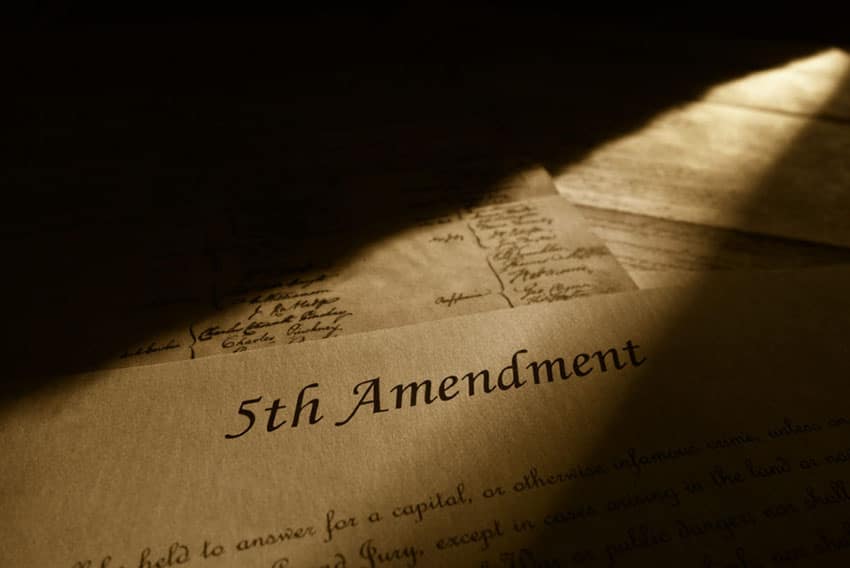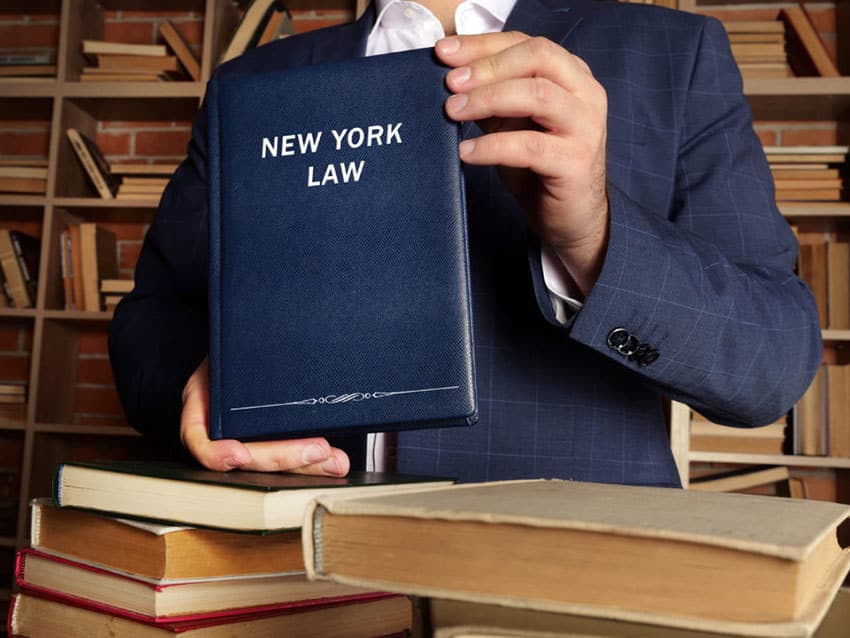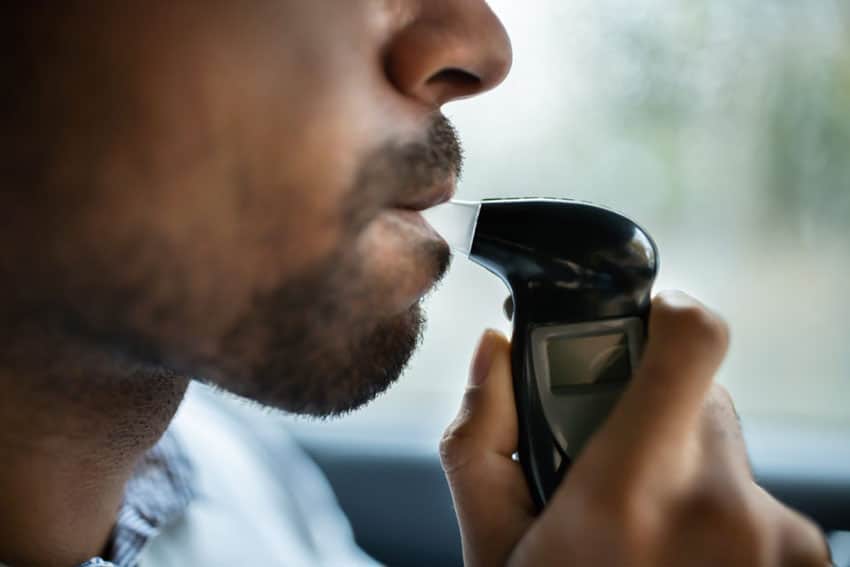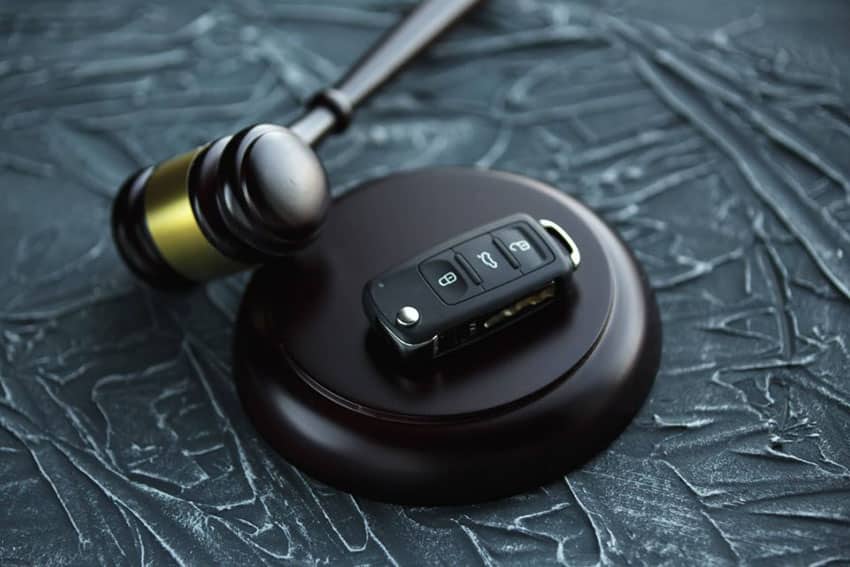The Fifth Amendment’s right against self-incrimination forbids the government from compelling an individual to provide a testimonial or communicative evidence that could be used to incriminate that individual. The right against self-incrimination may be claimed in any circumstance where the government seeks to compel a response about a crime, whether by legal process or through the pressures of police interrogation, and regarding any item that could potentially furnish a link in a chain of incriminating evidence against a suspect.

Miranda Rights
The case of Miranda v. Arizona extended the right against self-incrimination to the police interrogation context. Under the rule of this case, statements by a person interrogated while in custody are presumed compelled by the police, and are inadmissible at trial to prove guilt, unless the suspect is told before the interrogation that he or she has the right to remain silent, to consult a lawyer before any questioning, and to have the lawyer present during questioning; and that anything the suspect says can be used against them in court. If the suspect requests a lawyer, no questioning is permitted until one is provided, unless the suspect initiates further discussion with the police. If the suspect consents to questioning but subsequently indicates a desire to remain silent, the interrogation must end.
Protection against self-Incrimination in DWI Police Interviews
The Fifth Amendment protects DWI suspects from the state compelling them to give incriminating evidence against themselves. When a DWI suspect is stopped by police to investigate whether they are driving while intoxicated in New York, generally they are not considered to be held in “police custody” and therefore are not required to be read their Miranda rights, which guarantee the right to remain silent and the right to an attorney. Since Miranda warnings are not usually given at an initial DWI stop, any incriminating statements given in response to police interrogation may be admissible later in court. If a DWI suspect makes remarks about having consumed alcohol in response to a police officer’s questions regarding their use of intoxicants, these statements may be admissible in court in a DWI trial.
It is important to realize that a prolonged detention by a police officer inside the officer’s car after an initial stop may be considered “custodial interrogation,” even if it occurs before any formal arrest is made. If this is the case, the police officer is generally required to read the suspect their Miranda rights and the protection against self-incrimination would apply since the suspect would be considered to be undergoing a “custodial interrogation.”
Rights against Self-Incrimination during Sobriety Tests
A DWI suspect’s statements during Standardized Field Sobriety Tests or during chemical tests are not protected by the right against self-incrimination. In the case of Pennsylvania v. Muniz, the Supreme Court held that incriminating statements made by a defendant during a Breathalyzer test were not given as a response to a police interrogation and could not be suppressed as evidence in court. The Court found the statements admissible in court because they constituted a response to legitimate police procedure that was not likely to elicit incriminating utterances from the suspect. The Court also held that voluntary statements made by the defendant during field sobriety tests were not responses made during “custodial interrogation” and were not subject to the Fifth Amendment protection against self-incrimination.
Rights against Self-Incrimination and DWI Test Refusals
Evidence that a DWI suspect refused to submit to chemical testing may be admissible in court in a DWI trial. In the case of South Dakota v. Neville, the Supreme Court held that admission of evidence about a defendant’s refusal to submit to a blood-alcohol test does not violate the defendant’s rights against self-incrimination. In making its decision, the Court stated that the police officer’s request that the defendant take the test was not an attempt to “compel” incriminating communications from the defendant and that the defendant’s refusal was not coerced.
Our Team Is Ready To Help
Our attorneys are experienced in handling DWI cases. If you need a lawyer who can help you obtain the best possible outcome in your DWI case, contact us today. The firm’s Syracuse office can be reached at: 1-800-482-6028.
DISCLAIMER: The exclusive purpose of this article is educational and it is not intended as either legal advice or a general solution to any specific legal problem. Corporate offices for The DWI Team are located at 231 Walton Street, Syracuse, New York 13202; Telephone No.: 1-877-704-9991. Prior results do not guarantee a similar outcome.










